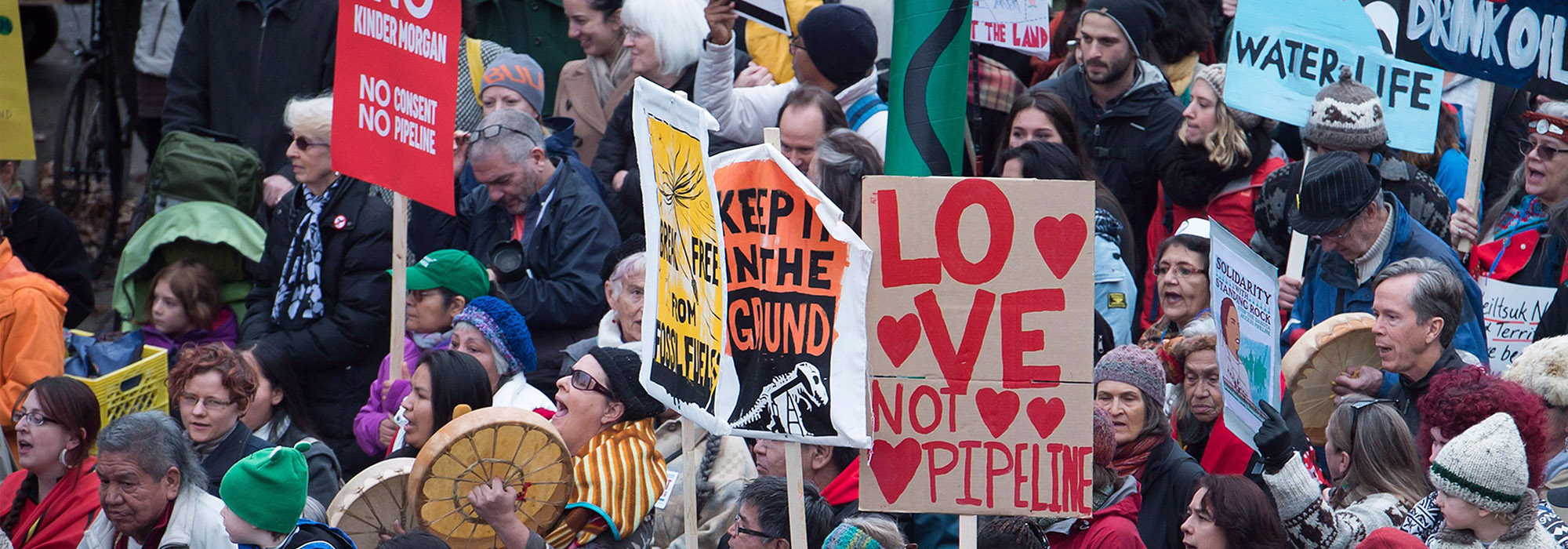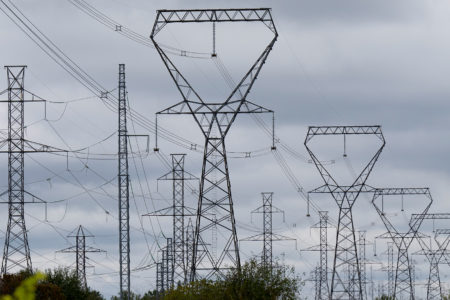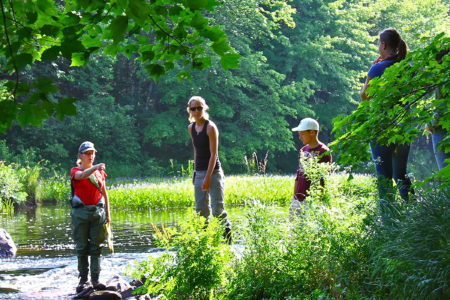
The report of the expert panel on environmental assessment processes, Building Common Ground: A New Vision for Environmental Assessment in Canada, has been met with both scepticism and strident criticism. The most vociferous response was that of Trevor McLeod of the Canada West Foundation, who says the panel’s report should be shelved. We disagree. As scholars of environmental assessment, we believe the panel’s recommendations have set the stage for Canada to become a world leader in sustainability.
In its report, the panel said that environmental assessment must “lead to decisions that are based on the five pillars of sustainability (environment, economy, social, cultural and health).”
McLeod argues that while the pillars of sustainability may sound great, the proposed impact assessment commission would duplicate the function of the National Energy Board.
In making this argument, however, McLeod is conflating two very different functions: assessment and regulation. Environmental assessment considers the prior, more fundamental question of whether, all impacts considered, a project is in the public interest. This is separate from the subsequent, regulatory question of how to carry out a project safely and effectively once it’s approved. It’s entirely appropriate that separate institutions be responsible for these different public functions.
The expert panel further recommends that the assessment process be focused on the question of whether a project will contribute to sustainability. McLeod asserts that this will have the effect of “ensur[ing] that nothing will get built.” Yet Canada already has experience implementing sustainability assessments — we could cite as examples the Mackenzie Gas Project and the Lower Churchill Review Panel. Canada has the experience and expertise to operationalize sustainability principles, and it’s imperative we begin to do so systematically.
He also worries that the panel’s proposed reforms swing the pendulum too far from efficiency, and that a consensus-driven assessment process would lead to gridlock and excessive delay.
Precisely the opposite outcome is more likely. Broad stakeholder participation and consensus-driven decision-making ensure that decisions are made fairly and in the public interest. These inclusive processes are also far more likely to contribute to efficiency. The proposed regional and strategic assessment processes, and the inclusive planning stage for project assessments, will resolve disputes and encourage the adoption of best practices up front. If implemented, the panel’s recommendations should significantly reduce the inefficiency of ex post facto litigation that has long been the norm in Canada.
McLeod’s most serious concern, however, is that the panel’s proposed approach will spell the end of significant energy infrastructure projects in Canada. Such a sweeping policy decision, he argues, ought to be made transparently.
Two points (although obvious) are worth making: first, energy is not synonymous with oil and gas; and second, the panel’s recommendations, if adopted, will not predetermine the fate of any particular project or category of project. Most importantly, however, the decision-making process that the report is calling for would be remarkably transparent. Indeed, the panel’s championing of transparency is a direct response to submissions by members of the public and other stakeholders throughout the panel’s public hearings and consultations, which were held across the country.
A study recently conducted by some of the writers of this article shows that only two stakeholder constituencies — from government and industry — did not support a more transparent process. All the other others — Indigenous groups, the general public, academics and scientists, and NGOs alike —were virtually unanimous in their support of a more transparent environmental decision-making process. Thus, the panel’s recommendations reflect the strong public interest in greater transparency, and if implemented, will help shine a light on how these critically important decisions are made.
Finally, McLeod wants broad economic, environmental, and cultural trade-offs to be made “up front,” by elected officials rather than “unelected regulators.” However, the process the panel has proposed is one that is driven by independent, transparent, and rigorous science. It seeks to accommodate a wide range of interests and avoid making harmful economic, environmental, and cultural trade-offs, wherever possible. Canadians deserve environmental assessments that ensure projects are not simply a little less bad, but that they actually make a net contribution to sustainability. When trade-offs are required, Canadians should be able to trust that they were informed by independent, transparent, scientific evidence. We must insist on evidence-based policy, not policy-based evidence.
McLeod appears to presume that energy development cannot be done sustainably in Canada. But the jury is still out on this critical question. Canada has an opportunity to become a leader in forging pathways toward a sustainable energy future by integrating economic, ecological, and cultural considerations. The panel’s recommendations are an excellent step in this direction. They deserve to be celebrated, elaborated on, and ultimately implemented in new, innovative legislation of which Canadians can be proud.
Photo: Thousands of people march during a protest against the Kinder Morgan Trans Mountain Pipeline expansion, in Vancouver, B.C., on Saturday November 19, 2016. THE CANADIAN PRESS/Darryl Dyck
Do you have something to say about the article you just read? Be part of the Policy Options discussion, and send in your own submission. Here is a link on how to do it. | Souhaitez-vous réagir à cet article ? Joignez-vous aux débats d’Options politiques et soumettez-nous votre texte en suivant ces directives.

















